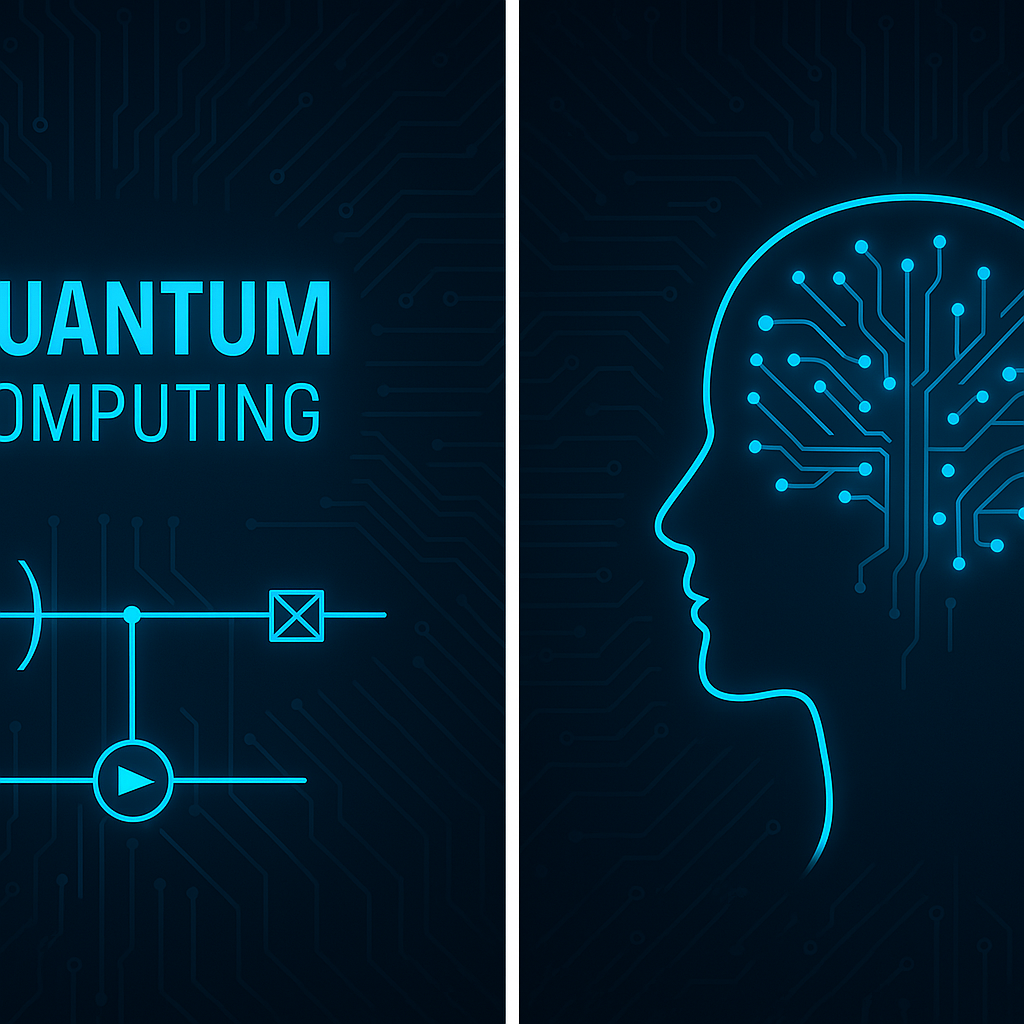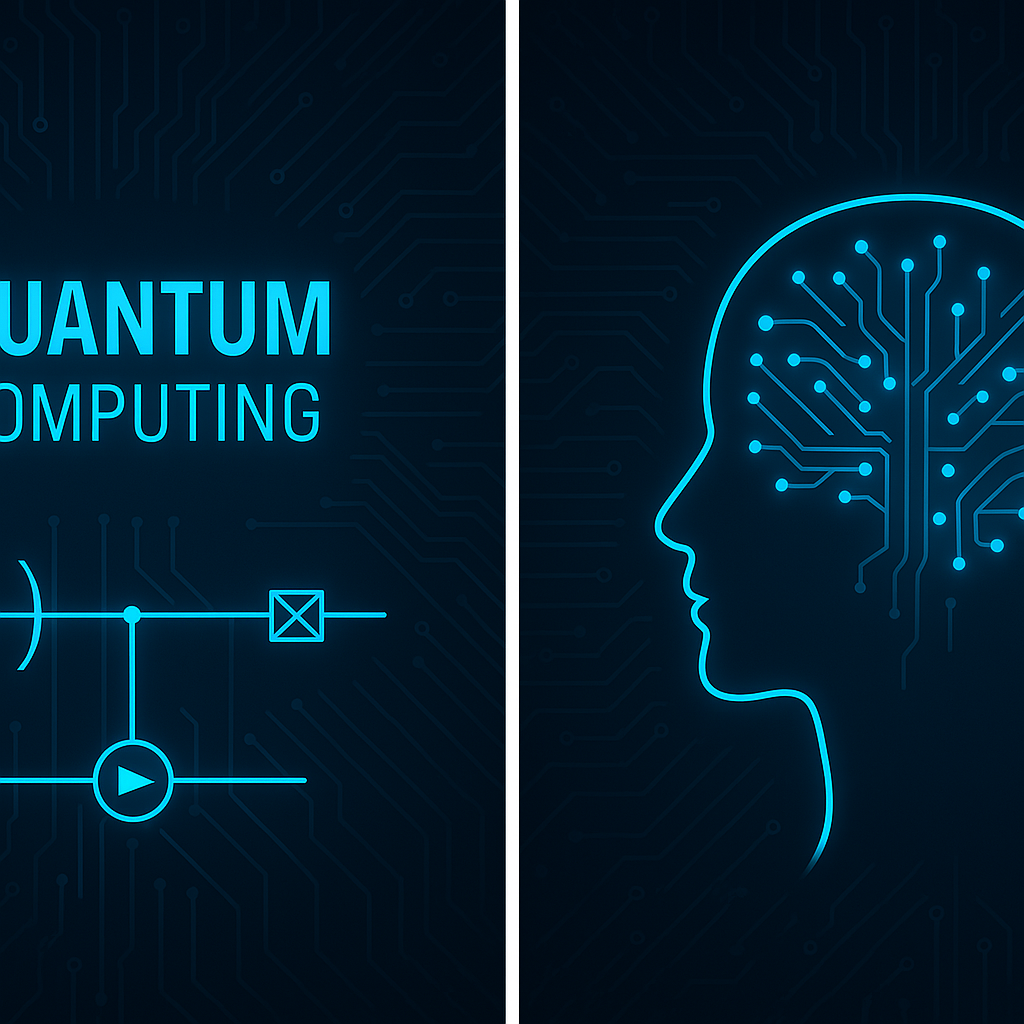Introduction
Quantum computing is a revolutionary technology capable of solving complex problems that classical computers struggle with. Leading companies such as Google, IBM, and Microsoft are actively developing quantum systems, with potential applications in finance, healthcare, artificial intelligence, and cryptography. This article explores the evolution of quantum computing, its current challenges, and future directions.
1. What Is Quantum Computing?
A New Era of Computing Powered by Quantum Mechanics
Unlike classical computers that process data using binary bits (0 or 1), quantum computers utilize quantum bits (qubits), which exist in multiple states simultaneously (superposition). This allows for parallel processing and exponential computational speed.
✅ Key Differences Between Classical and Quantum Computing:
- Classical Computers: Process tasks sequentially using “0” or “1.”
- Quantum Computers: Operate with multiple states at once, enabling ultra-fast complex calculations.
This ability enables quantum computers to analyze vast amounts of data simultaneously, solving problems that are impractical for classical computers.
2. Technological Advancements in Quantum Computing

(1) Quantum Gate Model vs. Quantum Annealing
There are two primary quantum computing architectures:
- Quantum Gate Model (Universal Quantum Computing)
- Developed by IBM and Google.
- Can execute general-purpose programming, making it suitable for diverse applications.
- Quantum Annealing (Specialized Quantum Computing)
- Pioneered by D-Wave, optimized for solving optimization problems.
- Used in financial modeling and logistics optimization.
(2) Quantum Error Correction Progress
Quantum bits are highly sensitive to external disturbances, making error correction essential for reliable computing. Leading companies are working on advanced quantum error correction methods to improve stability and accuracy.
✅ Key Advancements:
- Enhancing qubit stability (ongoing quantum error correction research).
- Developing superconducting and optical quantum technologies to increase reliability.
3. Applications of Quantum Computing
Quantum computing holds transformative potential across multiple industries.
(1) Healthcare and Drug Discovery
Quantum computing accelerates molecular simulations, leading to faster drug development. This technology could expedite treatments for diseases like cancer and rare disorders.
(2) Financial Market Analysis
In finance, quantum computing enhances pattern recognition and investment strategies, optimizing risk assessment and portfolio management.
(3) Artificial Intelligence & Machine Learning
Quantum computing will significantly enhance AI learning speed, improving natural language processing and image recognition, leading to more advanced AI systems.
(4) Cryptography and Cybersecurity
Quantum computing could break existing encryption protocols (RSA, AES) in seconds. As a countermeasure, researchers are developing quantum-resistant encryption technologies.
4. Challenges and Future Prospects
(1) Large-Scale Implementation Still Faces Hurdles
While quantum computing is progressing rapidly, commercial-scale deployment remains challenging. Enhancing qubit stability and error correction techniques remains a primary focus.
(2) Commercialization Efforts
Companies like Google, IBM, D-Wave, and Amazon are investing in quantum computing cloud services, enabling broader access.
(3) Quantum Internet Development
Future advancements may lead to “Quantum Internet,” facilitating secure and ultra-fast data transmission.
Conclusion
Quantum computing is set to redefine problem-solving across healthcare, finance, AI, and cybersecurity. While commercial adoption is still in progress, ongoing research and innovation are bringing us closer to realizing its full potential.
As quantum technology continues to evolve, staying informed about its advancements and ethical considerations will be crucial in shaping a responsible and groundbreaking future.
このサイトはGoogleAdSense広告を使用しています。
これらのリンクはクリエイターの収益化に使われる場合があります。







コメント